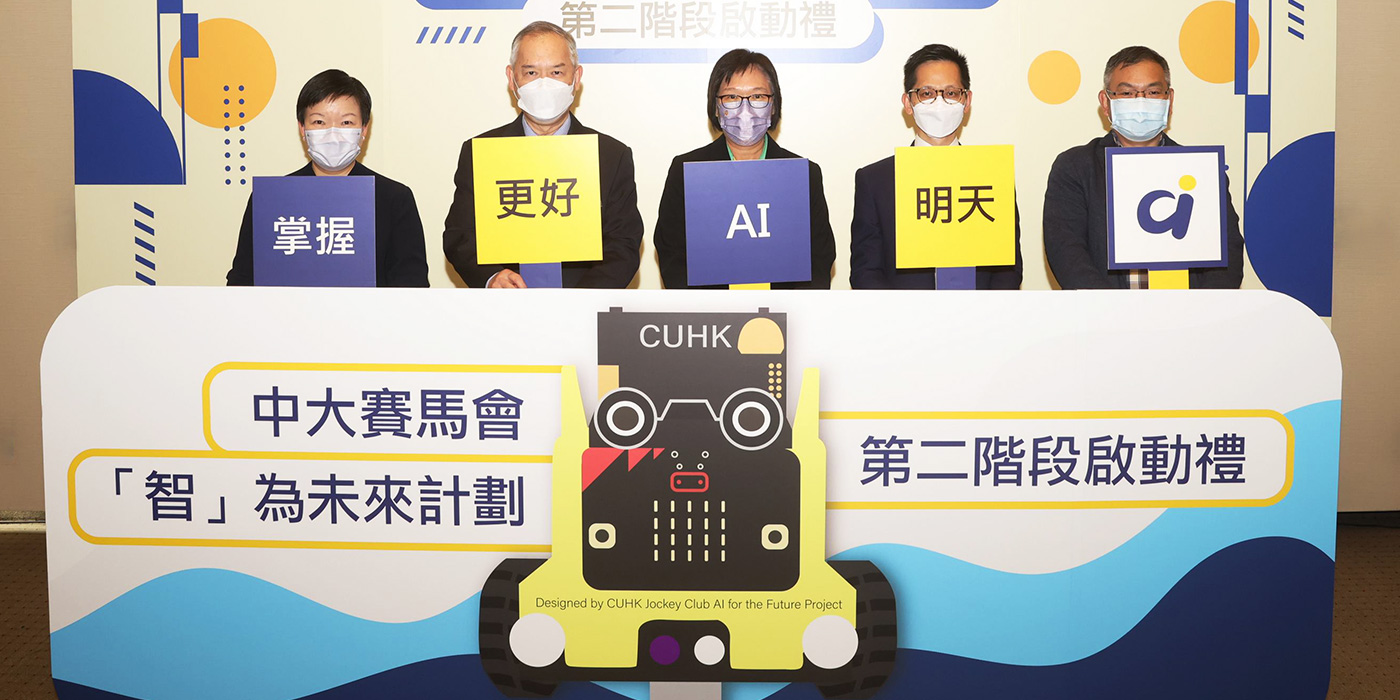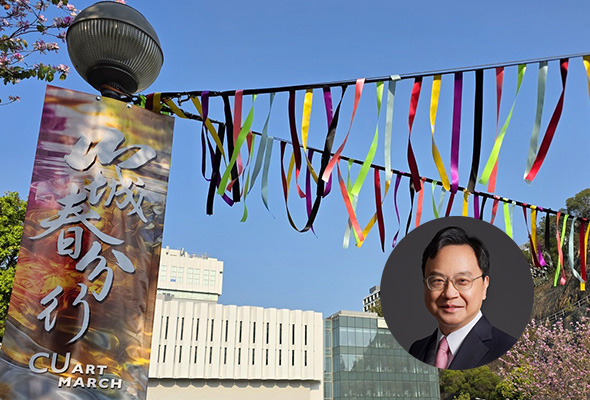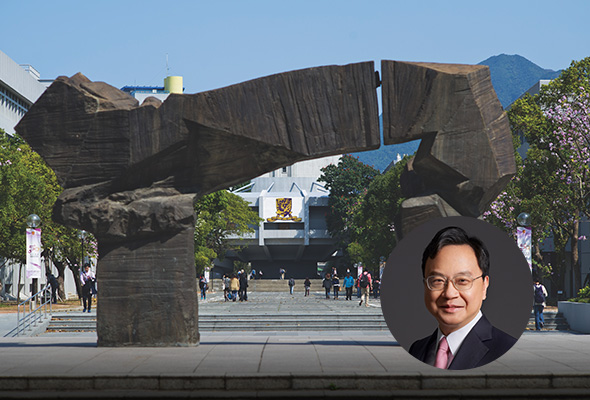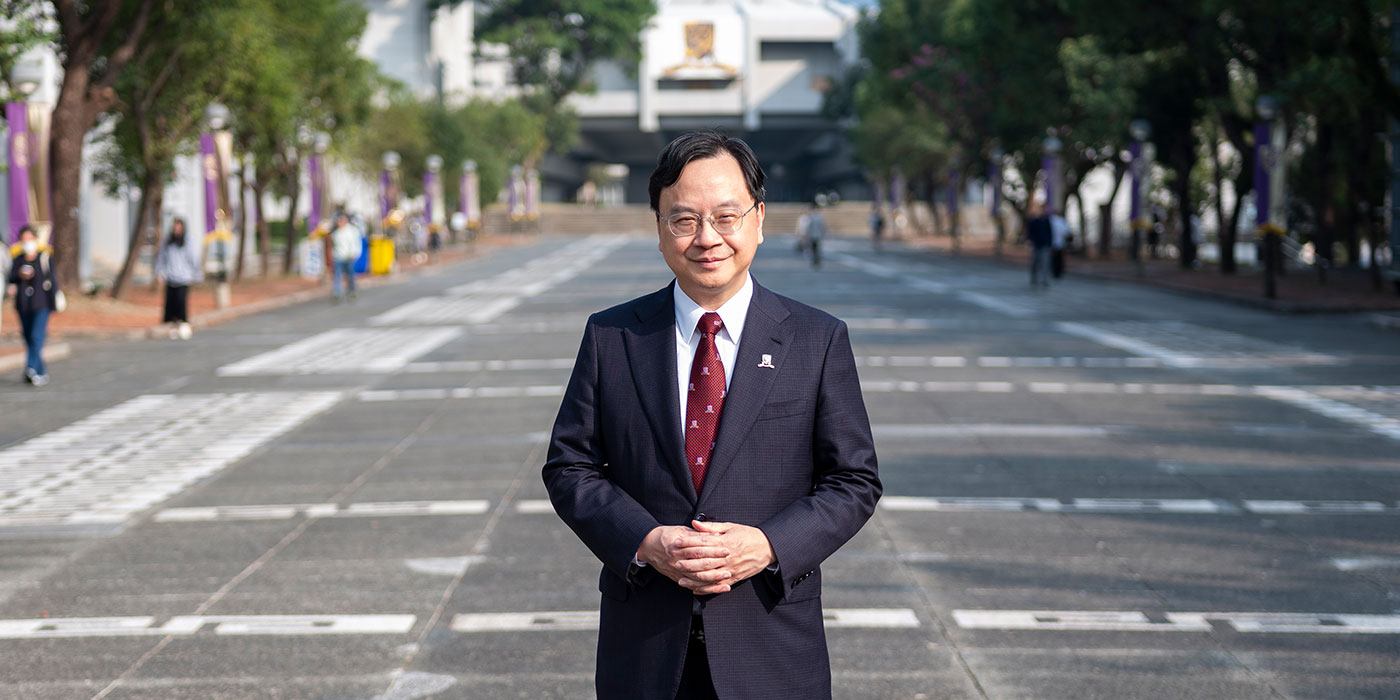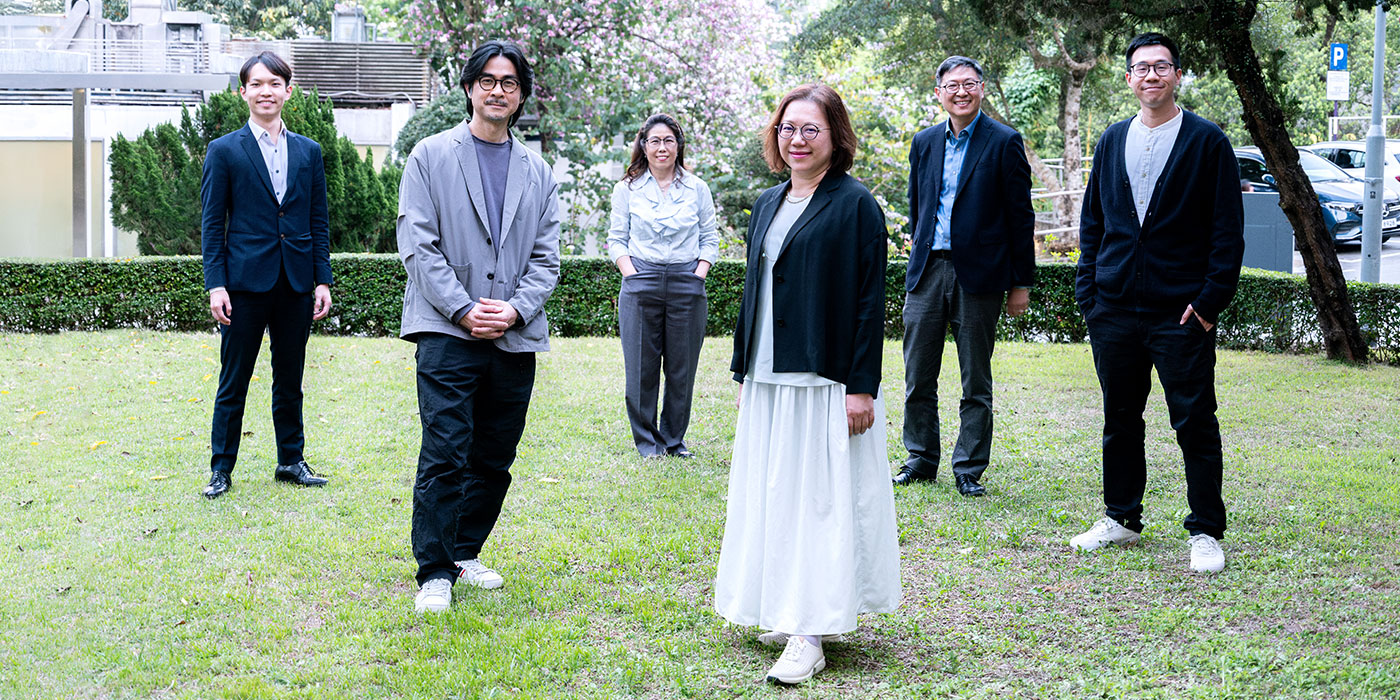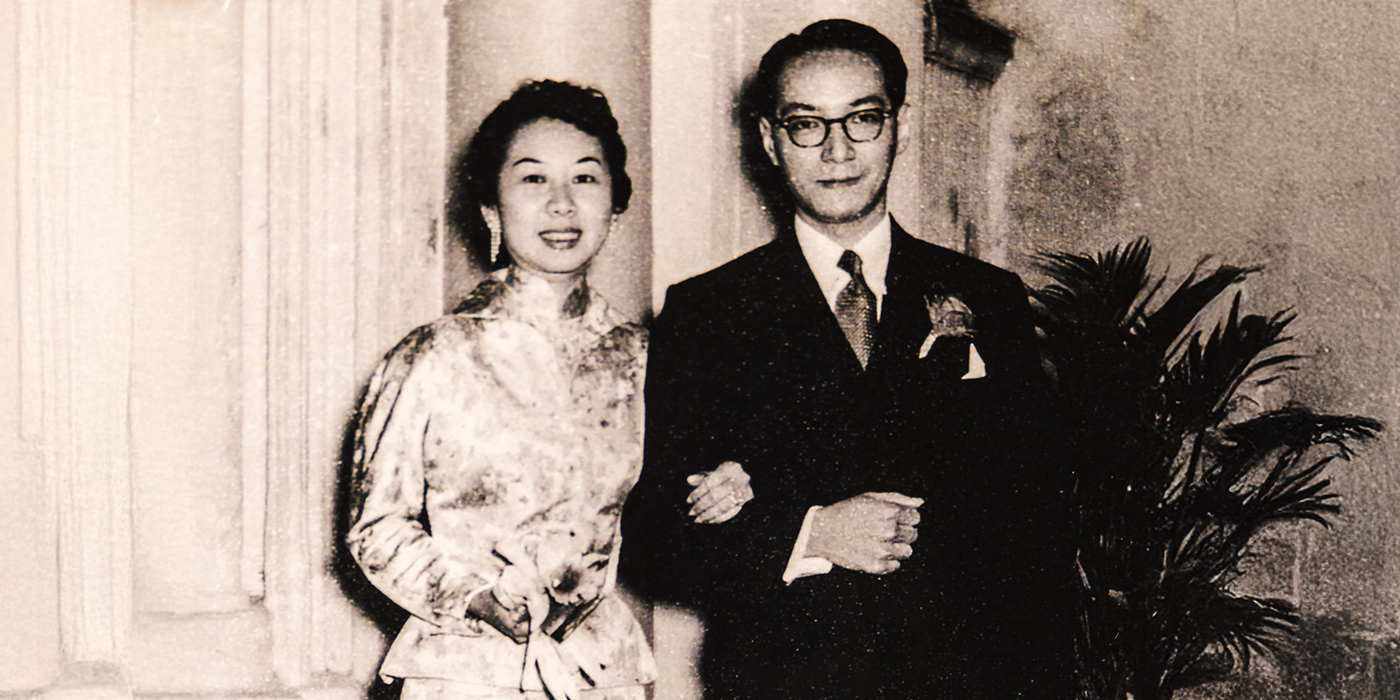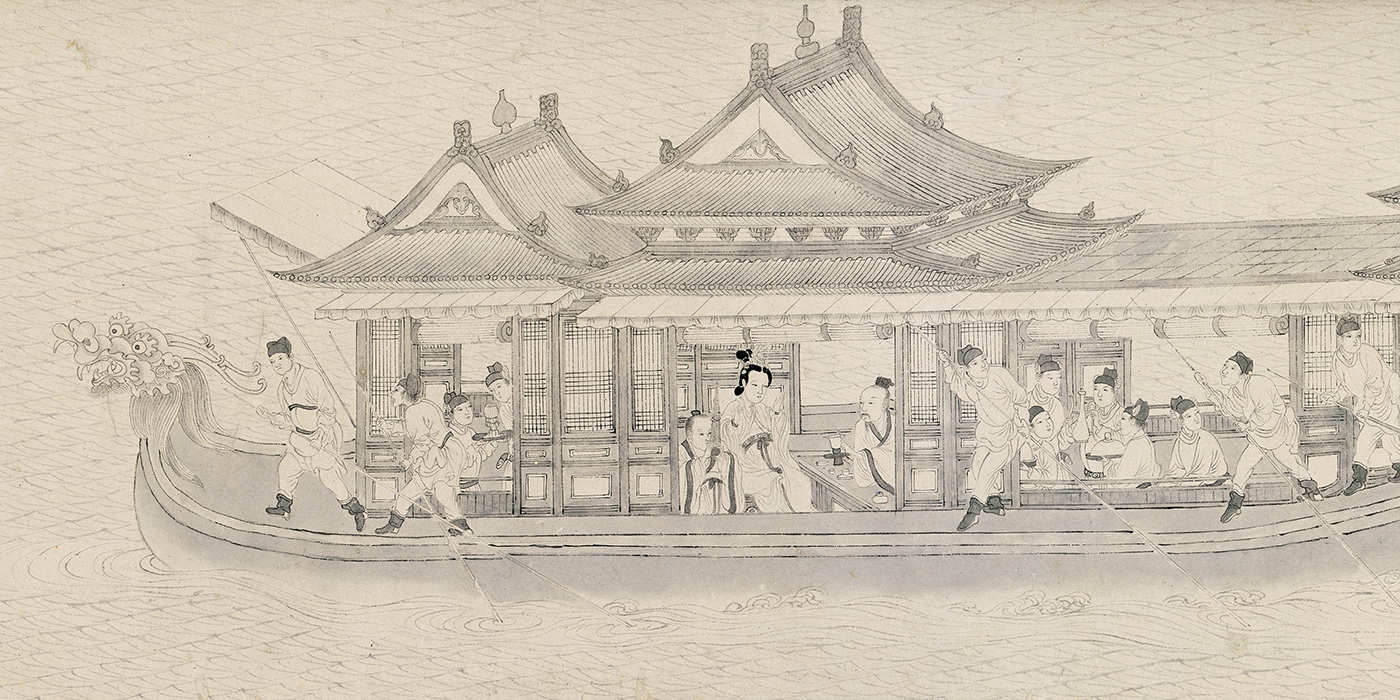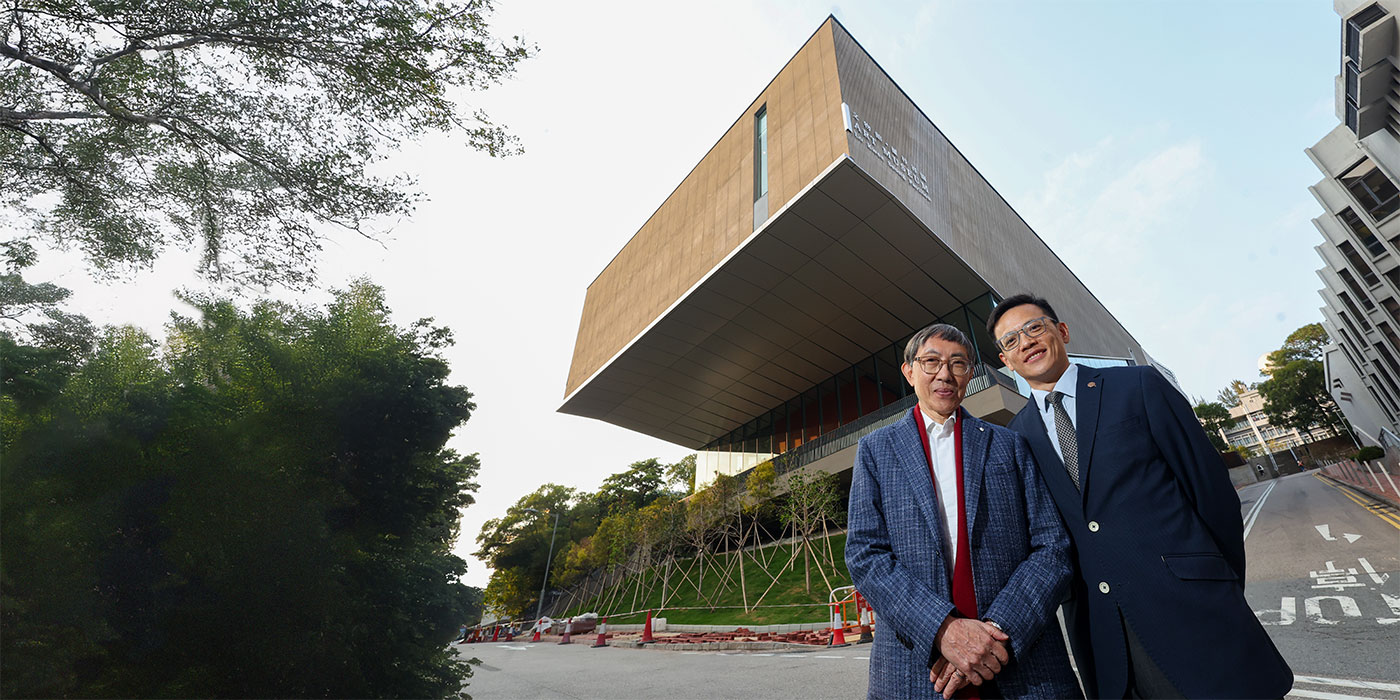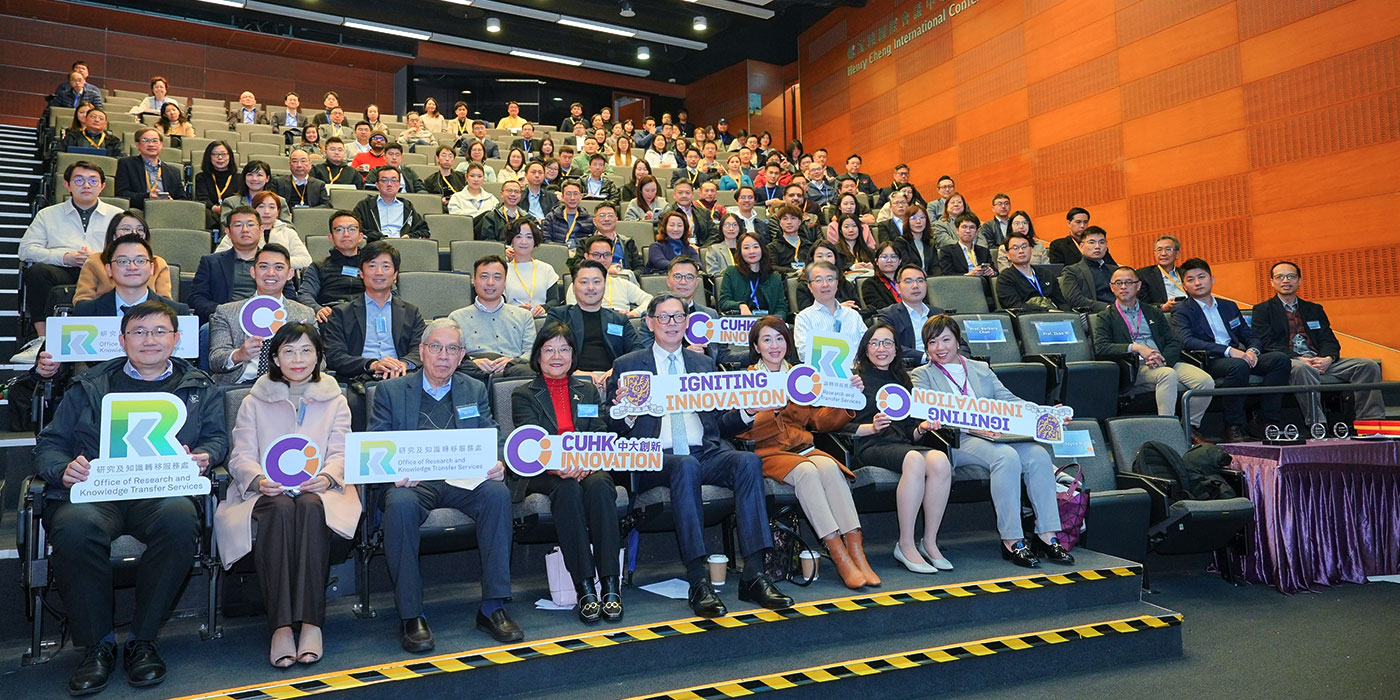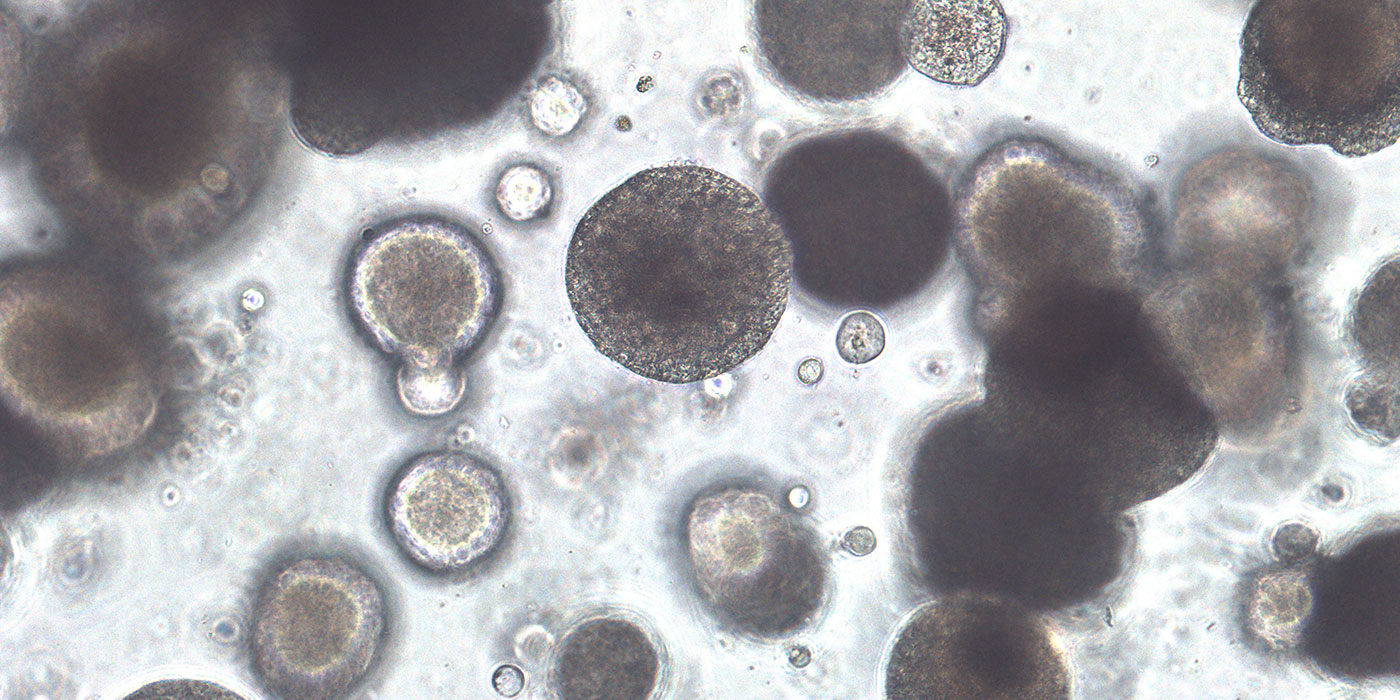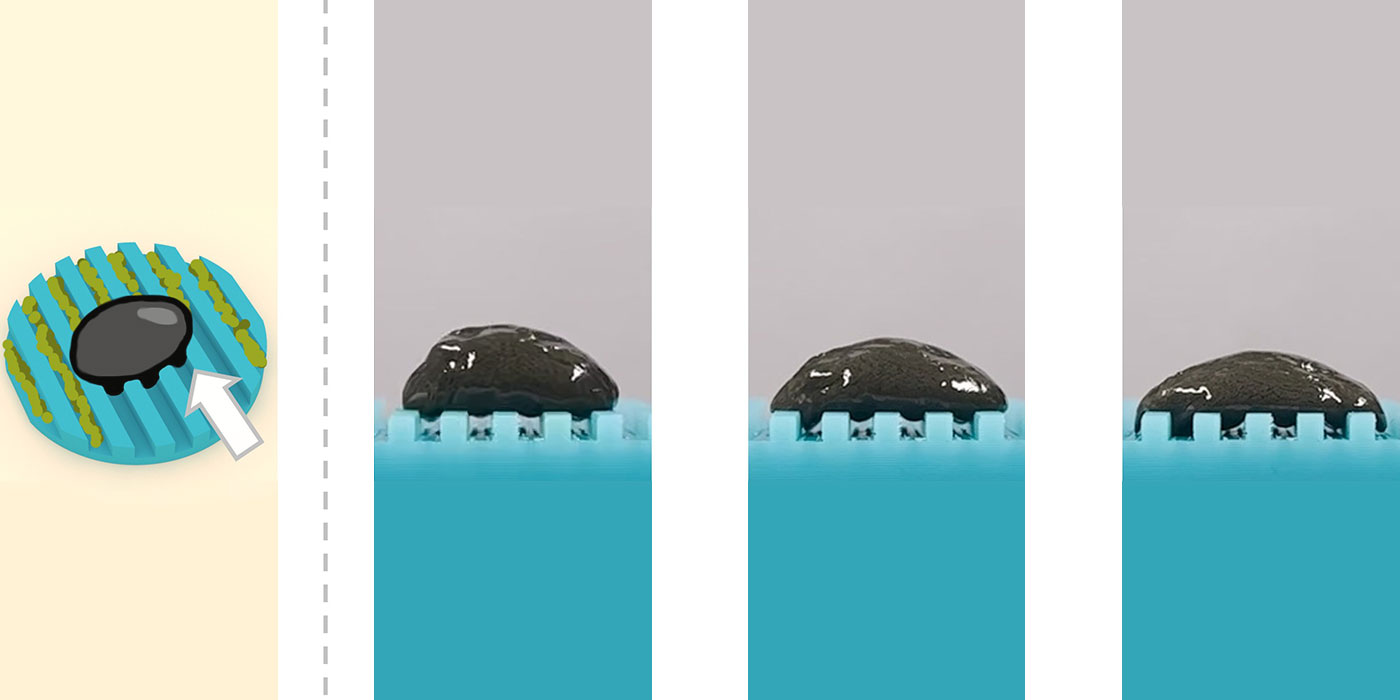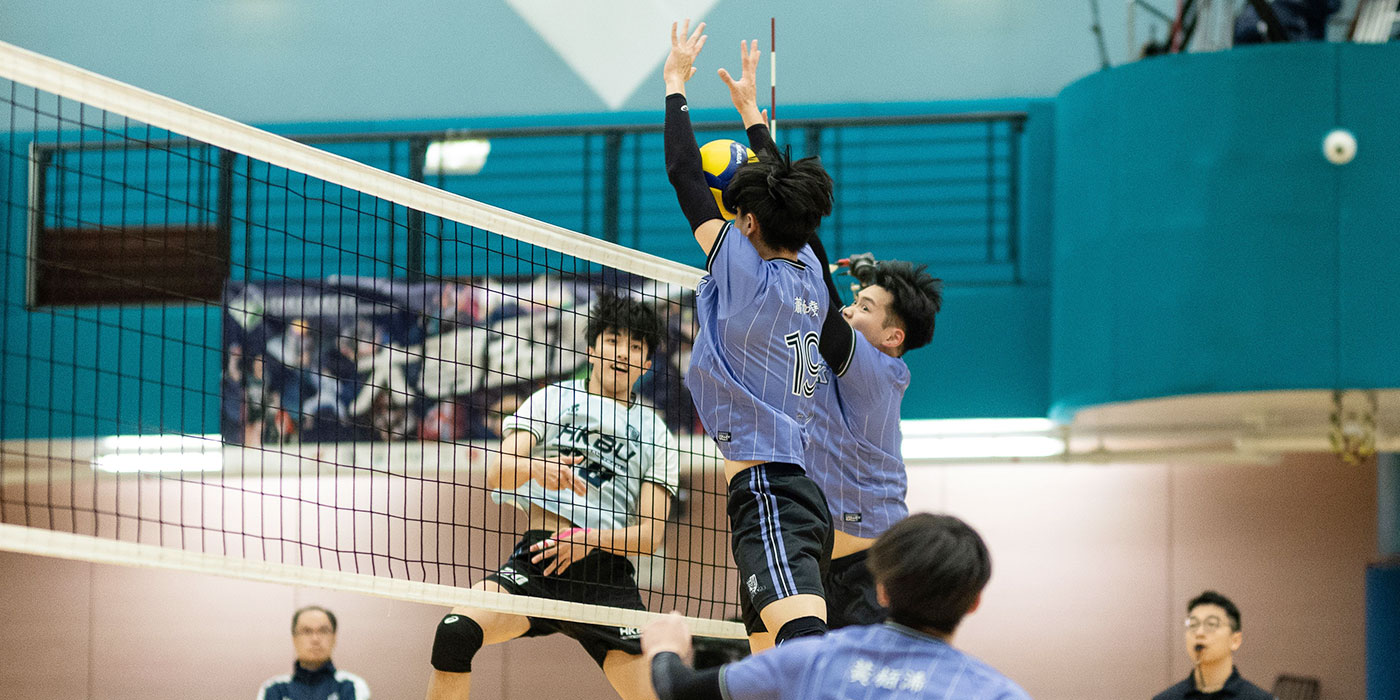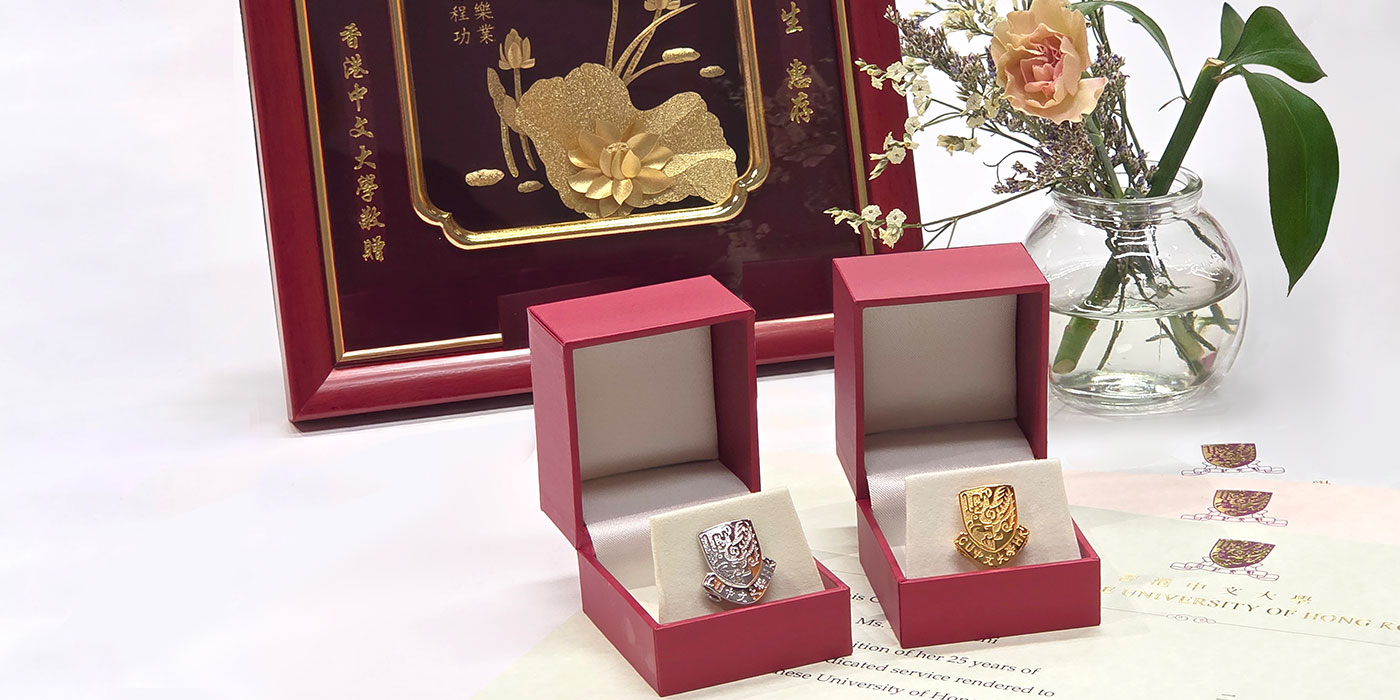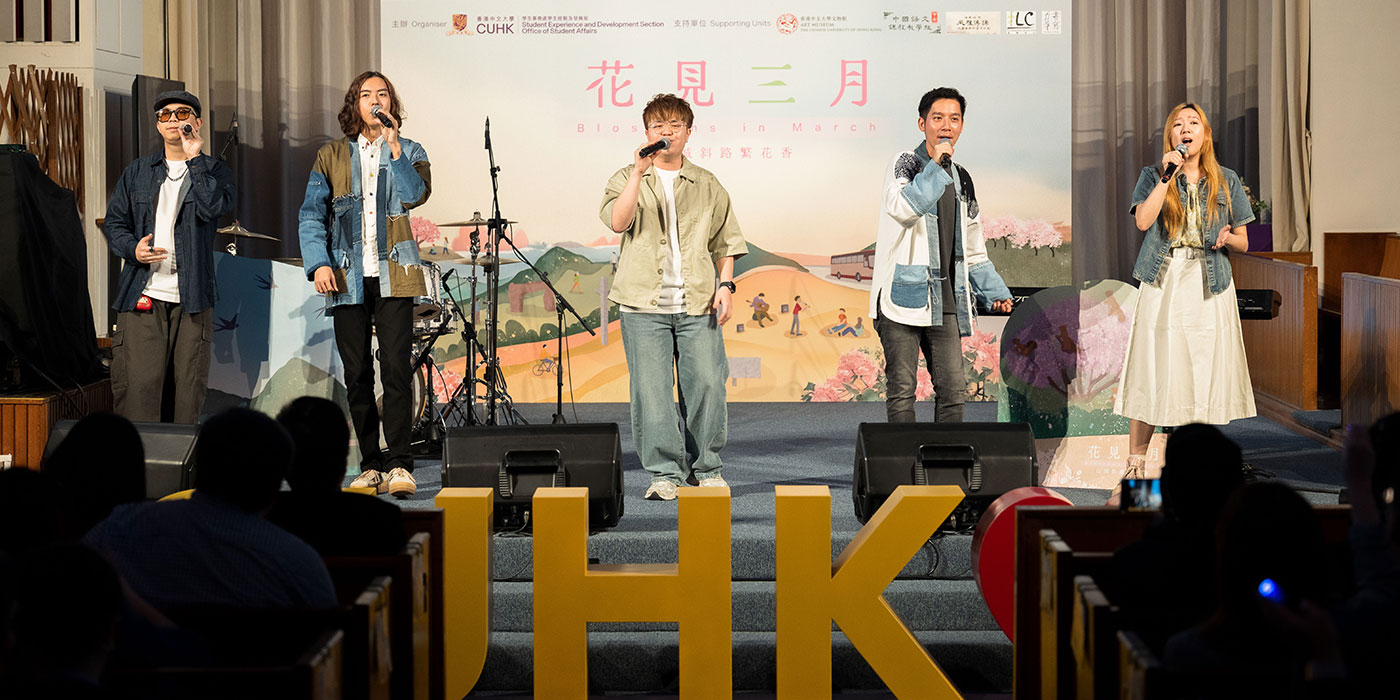Touching the future
CUHK joins hands with the Jockey Club to popularise AI
From automated recommendations of TV shows to chatbots on online shopping platforms to virtual assistants such as Apple’s Siri, artificial intelligence (AI) is everywhere in our daily lives. Thanks to advances in big data, cloud computing and machine learning, AI is reshaping the way we live and work.
AI holds the promise of solving issues like the reduction in the size of the workforce in ageing societies, but also presents challenges such as unethical use of personal data and inscrutable algorithms. Whether AI is a boon or a bane depends on how humans harness it. Mainstreaming AI education and nurturing students’ innovative thinking can help address this.
Funded by The Hong Kong Jockey Club Charities Trust (the Trust) and co-organised by CUHK’s Faculties of Engineering and Education, the CUHK Jockey Club AI for the Future Project (the Project) held its Phase Two Kick-off Ceremony on 4 November 2022, announcing the results of phase one and officially kicking off phase two. Representatives and teachers from more than 80 local secondary schools attended the ceremony.
AI and computer science are consistently regarded as jewels in the crown among CUHK’s impressive array of prestigious subjects, ranked 3rd and 10th globally by the U.S. News & World Report 2023 respectively, and both ranked first in Hong Kong. The Faculty of Engineering has a long history of excellence in AI education, research and development; while the Faculty of Education is a leading centre for training educators and conducting innovative pedagogical research to meet the needs of a changing society.
The video outlines the development of the CUHK Jockey Club AI for the Future Project
Since 2019, the two Faculties been working in partnership with schools all over Hong Kong on an innovative project to embed AI literacy into the school curriculum. Besides publishing Artificial Intelligence Curriculum for Junior Secondary Students in Hong Kong – Teaching and Learning Pack, the project has involved pilot teaching in 55 schools, engaging 12,000 students and providing technology education training to more than 400 teachers.
With an additional injection of $98 million from the Trust, phase two will see the project continue for four more years (2022–26), with approximately 35% of the territory’s schools currently due to participate. Phase two aims to introduce AI education to 238 local secondary schools, or about half of them, and mainstream AI education across the curriculum.
CUHK’s Pro-Vice-Chancellor and Vice-President Professor Poon Wai-yin expressed her gratitude to the Trust for its generous support. She said: “Through the project, we will leverage CUHK’s world-leading expertise in computer science and successful teaching experience to help Hong Kong secondary schools promote AI education and equip students with the skills to thrive in what will be one of the most crucial and competitive areas of the world economy.” She added that the project demonstrates how CUHK can impact the future through education and research, serving as a tangible example of the education sector promoting citizen science in Hong Kong and echoing the pursuit of academic excellence and civic responsibility outlined in CUHK 2025.
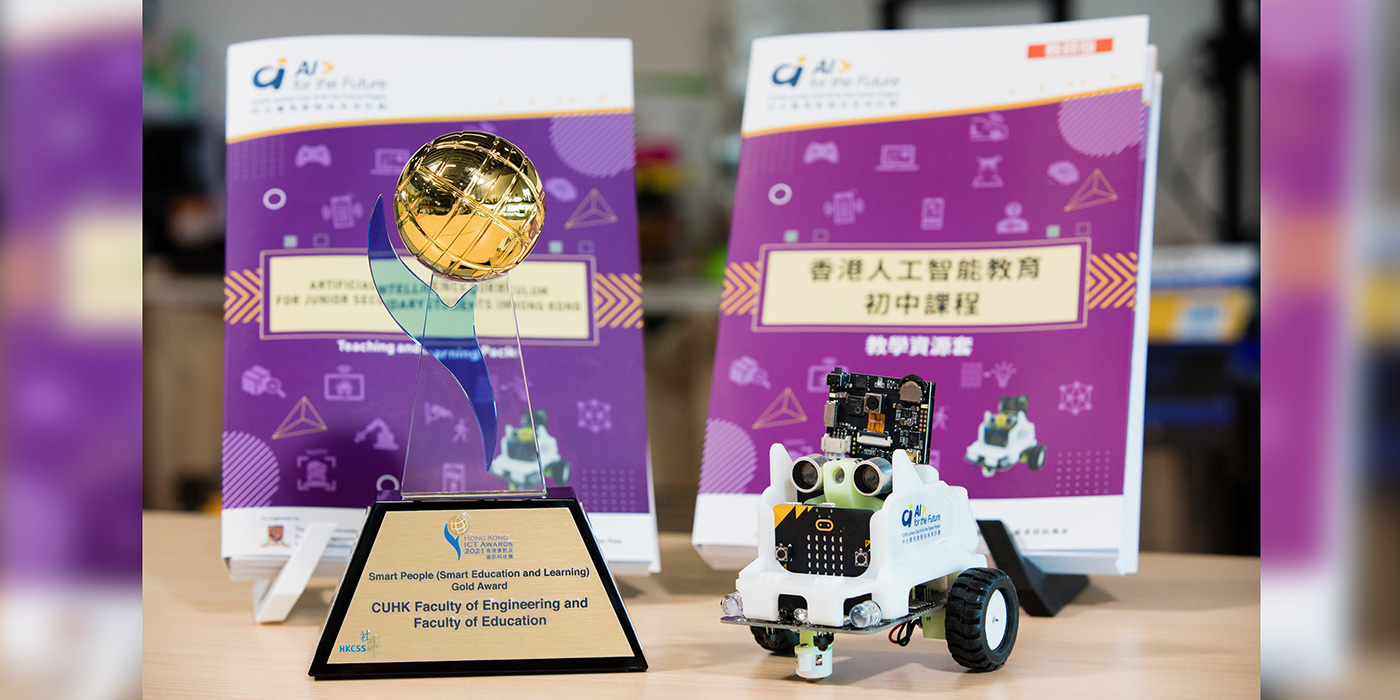
The project’s principal investigator Professor Yam Yeung, a research professor in CUHK’s Department of Mechanical and Automation Engineering, said, “The project has collaborated with many local secondary schools in the past few years and has achieved remarkable results. In phase two, I hope to attract more schools to participate in the project, and expand the collaboration with different industries and regions to build a sustainable AI education ecosystem, so as to lead the new generation into the AI future and master 21st-century skills.”
In the sharing session, teacher Ms Lee from Yan Oi Tong Tin Ka Ping Secondary School said, “The AI curriculum is very comprehensive, from cognition to knowledge and then ethics, and from simple to deep topics. At the same time, it provides flexibility for teachers to support learner differences in the classroom.” Leung Chun-wai, a student from Chinese YMCA College, expressed her keen interest in learning this emerging technology. She said she believes that AI will have an impact on an ever growing range of occupations over the next decade. “Learning AI can help us get ready for the future. Also, AI applications involve knowledge of different disciplines, and that can improve my creativity and problem-solving abilities,” she said.
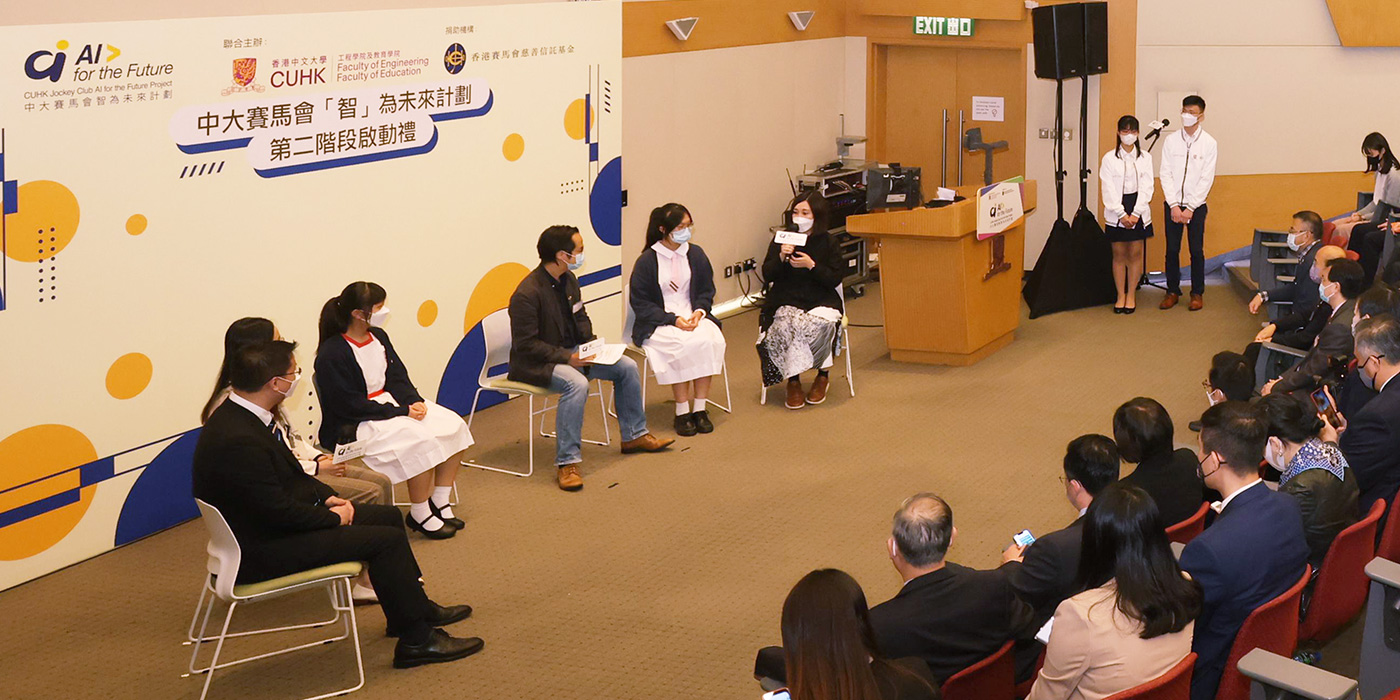
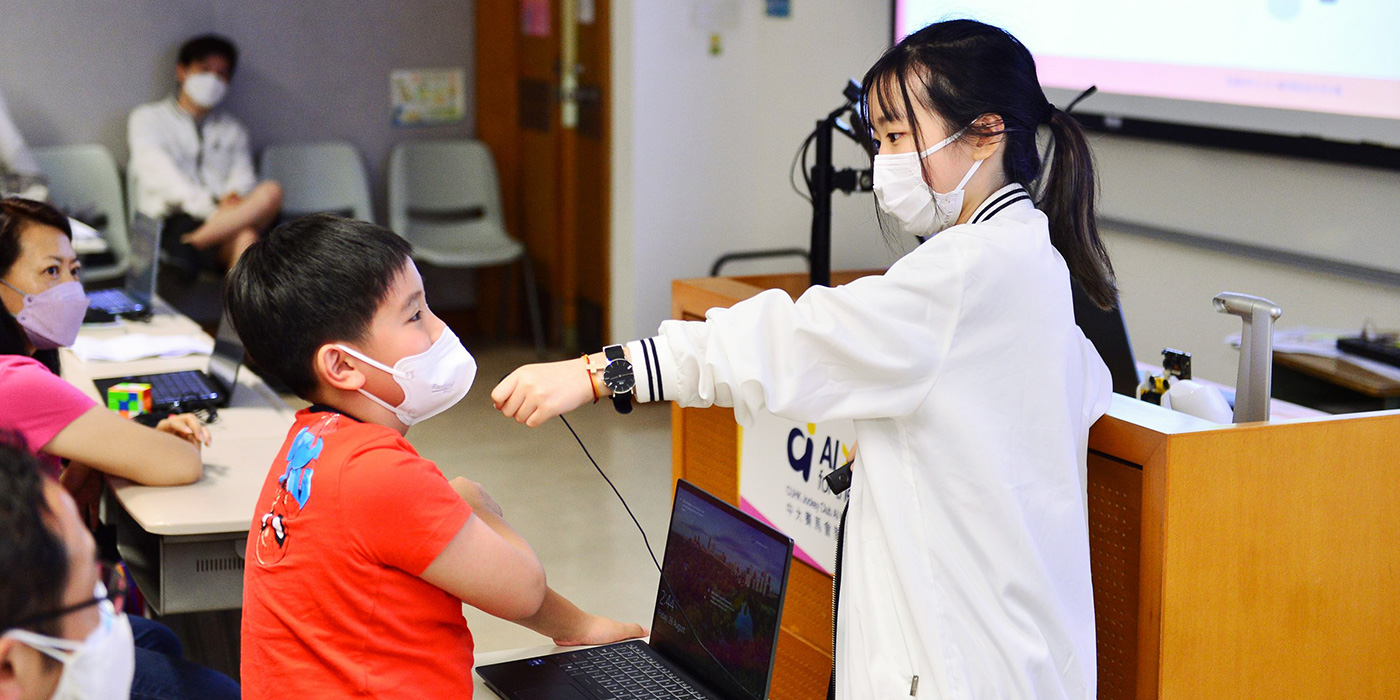
By Jenny Lau

